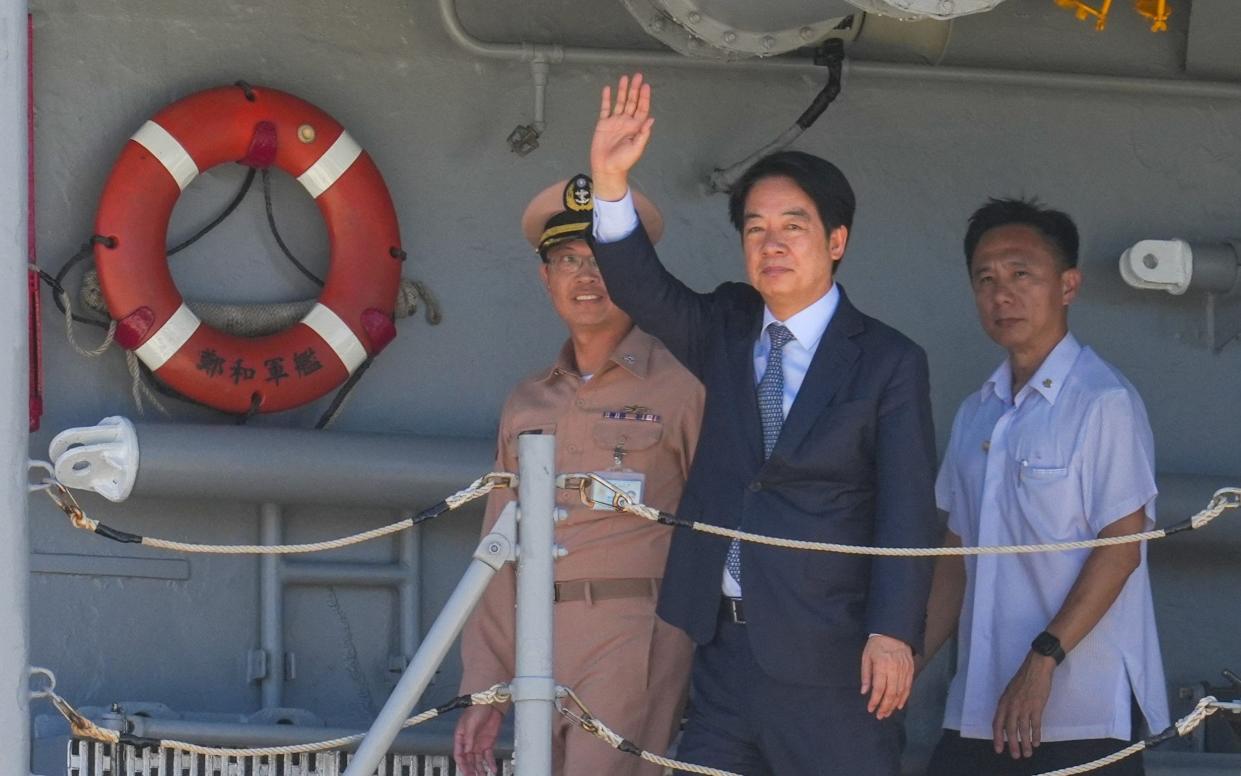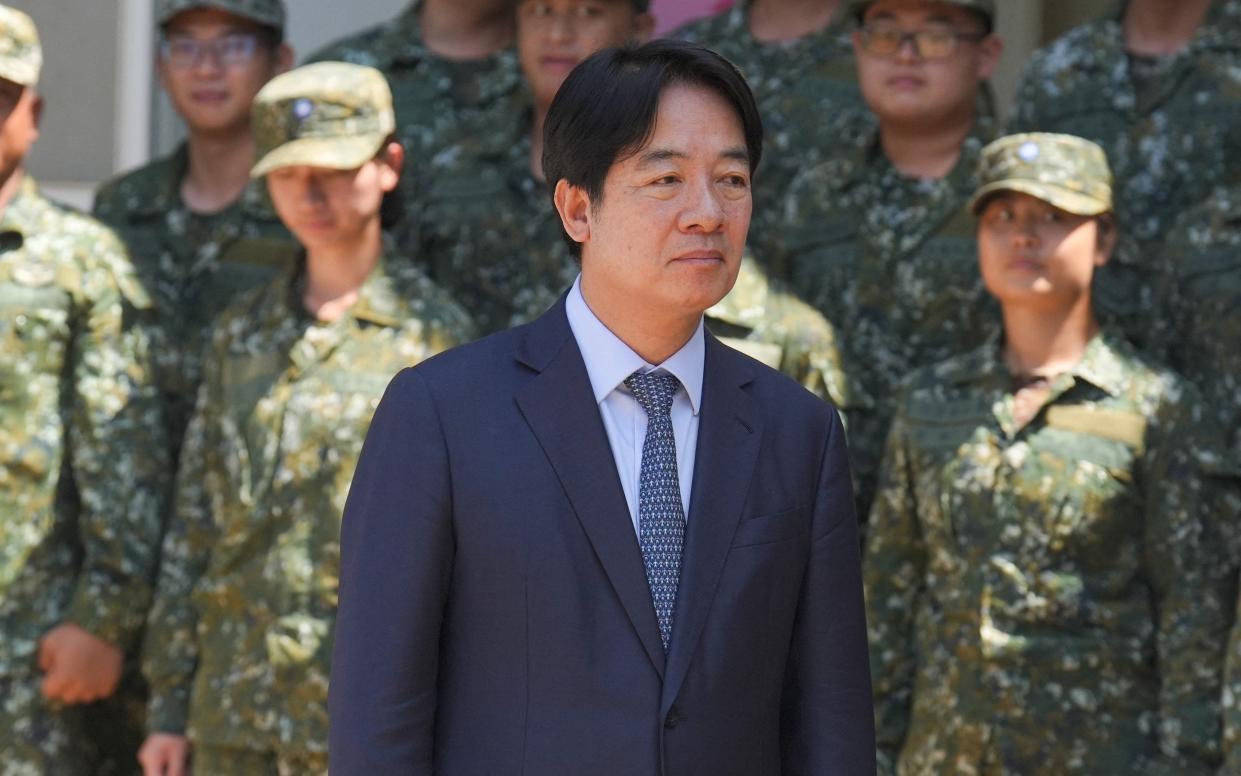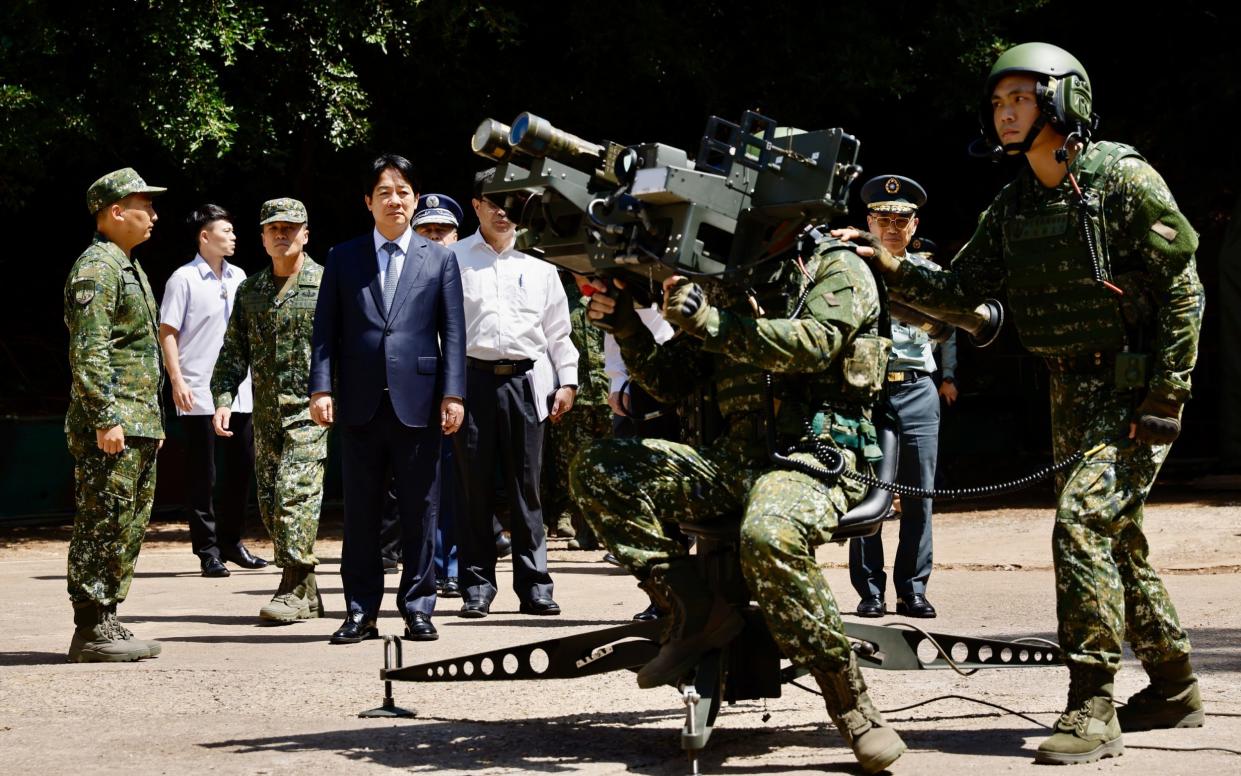US Navy Seal unit that killed Osama bin Laden training to help Taiwan in case of China invasion

The United States’ elite Seal Team 6 has reportedly been training for missions to assist Taiwan if it is invaded by China.
The clandestine US Navy commando unit, known globally for its raid on Osama bin Laden’s compound in Pakistan in 2011, is said to be planning and training for a potential Taiwan conflict for more than a year at its Dam Neck base in Virginia.
The secret training exercises by the Navy special forces team, tasked with some of the military’s most sensitive and difficult missions, appear to be part of a wider deterrence strategy to give China pause for thought about the high costs of trying to forcibly seize the democracy of 23.5 million.
The reports from the Financial Times emerged as China warned it would “crush” any foreign forces who enter what it considers its sovereign territory, which includes much of the South China Sea and Taiwan.
On Thursday, a senior Beijing military official said on the sidelines of a defence forum: “If the United States moves its pawns behind the scenes, if it pushes countries to the front line, or if the United States itself ends up on the front line, then we in the Chinese People’s Liberation Army... will never have any patience.
“We in the Chinese People’s Liberation Army will resolutely crush any foreign hostile encroachment on China’s territorial, sovereign and maritime rights and interests with firm determination, staunch will, strong capability and effective means.”

Beijing claims sovereignty over Taiwan even though the Chinese Communist Party has never ruled there. Taiwan operates like any other nation with its own government, foreign policy and currency and polls show the vast majority of its population are opposed to unification with China.
The United States is already Taiwan’s biggest arms supplier, despite having no formal diplomatic ties with the island, and in June approved a new $360 million weapons sale, sending hundreds of armed drones, missile equipment and related support material.
Washington is obliged by federal law to ensure that Taiwan has the means to defend itself but maintains a policy of “strategic ambiguity” in which it does not say if US forces would intervene in the event of a conflict.
However, support for Taiwan has intensified in recent years amid growing concerns that Beijing is preparing to invade, and the Pentagon has been sending regular special forces to Taiwan for low-key missions that include training for the Taiwanese military.
The covert missions of Seal Team 6 are highly classified and the FT reported that sources aware of the commando unit’s activities did not provide any further details about its Taiwan-related planning.
A Pentagon spokesman said the defence department and its forces “prepare and train for a wide range of contingencies”.

China, which is investing heavily in its navy and expanding its nuclear weapons stocks, has stepped up military and political pressure on Taiwan to force it to accept its territorial claims and in May held war games around the island after the inauguration of Lai Ching-te, the new president.
But diplomatic efforts are also under way to cool tensions and avert an escalation into conflict.
On Tuesday, Admiral Samuel Paparo, the chief of the US Indo-Pacific Command, spoke with General Wu Yanan, the commander of the People’s Liberation Army’s Southern Theatre Command, in the first such call in two years.
The call was another sign of the gradual restoration of top-level military communications as the competing nations try to avoid miscalculations over regional flashpoints including the South China Sea and Taiwan.
The US Indo-Pacific Command said that Adm Paparo “urged the PLA to reconsider its use of dangerous, coercive, and potentially escalatory tactics in the South China Sea and beyond”.


